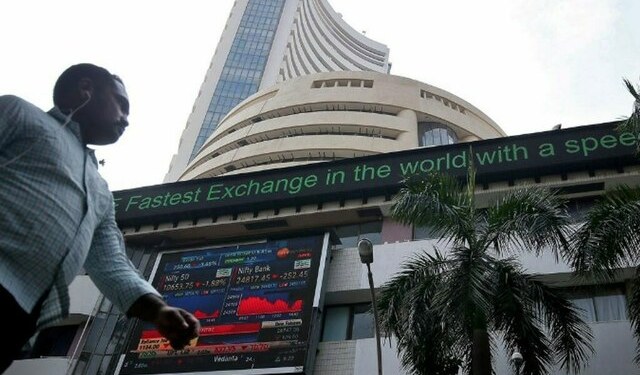TOKYO, Oct 13 (Reuters) – Benchmark Tokyo rubber futures ended up 0.1 percent on Tuesday after hitting the highest in 3-1/2 weeks, getting some support from recovering oil prices, but the gains were limited by worries over economic slowdown in top consumer China. The Tokyo Commodity Exchange rubber contract for March delivery JRUc6 0#2JRU: finished 0.2 yen higher at 174.2 yen per kg after settling up 2.2 yen on Friday. The contract rose as high as 176, the highest since Sept. 17.Japanese markets were closed on Monday for a national holiday.
China’s exports fell less than expected in September, with monthly figures even showing signs of a mild recovery over the summer, but a hefty drop in imports may keep pressure on policymakers to do more to stave off a sharper economic slowdown.
“Falling imports in China signify slowdown of domestic demand, which is not a good thing,” said a Tokyo-based source with a brokerage. China’s natural and synthetic rubber imports rose 43.8 percent to 460,000 tonnes in September from a year earlier, trade data showed on Tuesday. For the year to September, imports were up 5.8 percent at 3.23 million tonnes.
Crude oil futures edged up on light bargain hunting, after U.S.and Brent crude tumbled in the previous session to post their biggest daily percentage declines since the start of September.
O/R The most-active rubber contract on the Shanghai futures exchange for January delivery SNRcv1 rose 30 yuan to finish at 11,820 yuan per tonne. Indonesia’s rubber output is expected to ease next year due to the effects of an El Nino and haze from forest fires, the main rubber group in the world’s No.2 producer said on Monday, but is seen unchanged in 2015 at 3.2 million tonnes.
India’s natural rubber imports in September dropped nearly a quarter from a year earlier to 32,933 tonnes, while production fell 15 percent to 51,000 tonnes, the state-run Rubber Board said in a statement.
The front-month rubber contract on Singapore’s SICOM exchange for November delivery STFc1 last traded at 127.5 U.S. cents per kg, down 0.7 cent.
(Reporting by Osamu Tsukimori; Editing by Biju Dwarakanath)


























